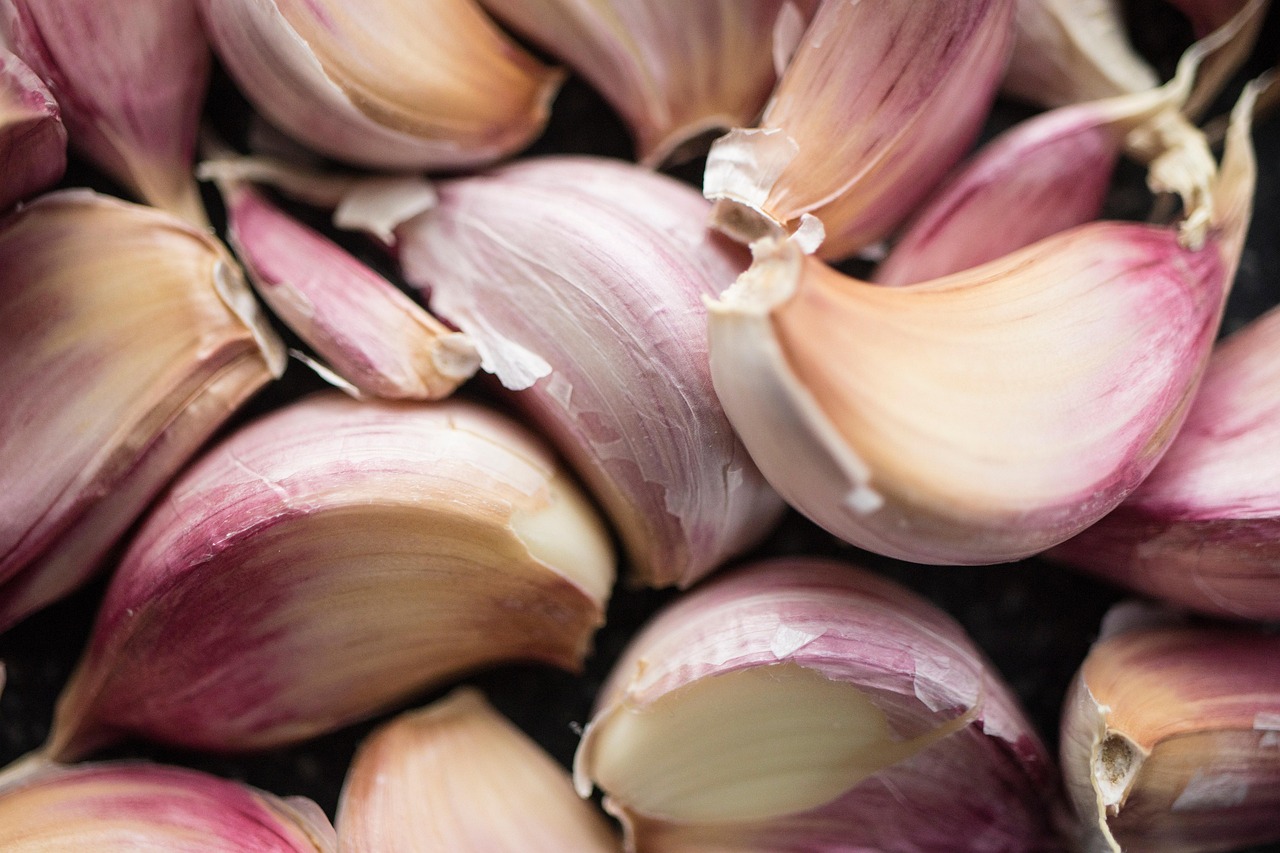The High-Protein Diet: Unlocking the Benefits of Protein-Rich Nutrition
In recent years, the high-protein diet has gained significant popularity among fitness enthusiasts, health-conscious individuals, and anyone looking to improve their overall wellbeing. By focusing on protein-rich foods, this dietary approach promises a range of benefits, from weight loss to muscle gain and improved metabolic health. But what exactly does a high-protein diet entail, and how can it be tailored to meet individual needs? In this comprehensive blog post, we’ll explore the fundamentals of a high-protein diet, its benefits, practical tips for implementation, and much more.
Understanding the High-Protein Diet
A high-protein diet typically emphasizes the consumption of protein-rich foods while moderating carbohydrates and fats. But how much protein do you actually need?
Recommended Daily Protein Intake
- General recommendation: 0.8 grams of protein per kilogram of body weight for sedentary adults.
- For active individuals and athletes: 1.2 to 2.0 grams per kilogram of body weight, depending on the intensity of the activity.
- For weight loss: Aiming for approximately 1.6 to 2.2 grams per kilogram can help maintain muscle mass.
To calculate your protein needs, simply multiply your weight in kilograms by the recommended protein intake for your activity level.
Benefits of a High-Protein Diet
Embracing a high-protein diet offers numerous health benefits — here are some key advantages:
Weight Management
- Protein-rich foods increase feelings of fullness, reducing overall calorie intake.
- Research shows that protein can boost metabolism by increasing the thermic effect of food (TEF).
Muscle Gain and Maintenance
- High-protein diets support muscle repair and growth, especially during resistance training.
- Protein provides essential amino acids necessary for muscle recovery after workouts.
Improved Bone Health
- Studies suggest that higher protein intake can enhance bone density, reducing the risk of osteoporosis.
- Protein foods often contain essential nutrients like calcium and vitamin D.
Common High-Protein Foods
Incorporating high-protein foods into your daily meals is essential for the success of a high-protein diet. Here are some excellent choices:
Animal-Based Proteins
- Meats: Chicken, turkey, lean beef, pork loin.
- Fish: Salmon, tuna, mackerel.
- Dairy: Greek yogurt, cottage cheese, low-fat cheese.
Plant-Based Proteins
- Legumes: Lentils, chickpeas, black beans.
- Nuts and seeds: Almonds, chia seeds, pumpkin seeds.
- Grains: Quinoa, buckwheat, farro.
Tips for Following a High-Protein Diet
Adopting a high-protein diet can be straightforward if you follow these practical tips:
1. Make Protein the Star of Every Meal
- Start with a protein source at breakfast, such as eggs or Greek yogurt.
- Incorporate lean meats or plant-based proteins in lunch and dinner.
- Snacks can include high-protein options like protein bars, nuts, or edamame.
2. Meal Prep for Success
- Batch cook proteins such as chicken breast or lentils and store portions for easy access.
- Prepare protein-rich snacks in advance to avoid unhealthy choices.
3. Stay Hydrated
Increased protein intake can lead to dehydration; thus, drink plenty of water throughout the day to stay adequately hydrated.
Potential Downsides of a High-Protein Diet
While a high-protein diet has numerous benefits, it’s essential to consider potential downsides:
1. Kidney Strain
For individuals with pre-existing kidney conditions, excess protein may exacerbate issues; it’s crucial to consult with a healthcare professional.
2. Nutrient Deficiencies
- Focusing too heavily on protein can lead to insufficient intake of essential vitamins and minerals if not balanced with fruits and vegetables.
- Ensure a variety of foods are included in your diet to maintain overall nutritional health.
Conclusion
A high-protein diet is an effective way to enhance muscle growth, support weight management, and improve overall health when done correctly. By understanding your protein needs, incorporating diverse protein-rich foods, and following practical tips, you can successfully embark on this dietary journey. However, as with any diet, individual needs may vary, so consider consulting a healthcare provider or a registered dietitian to tailor a high-protein plan that suits you best. With the right approach, a high-protein diet could be the key to unlocking your healthiest self.






